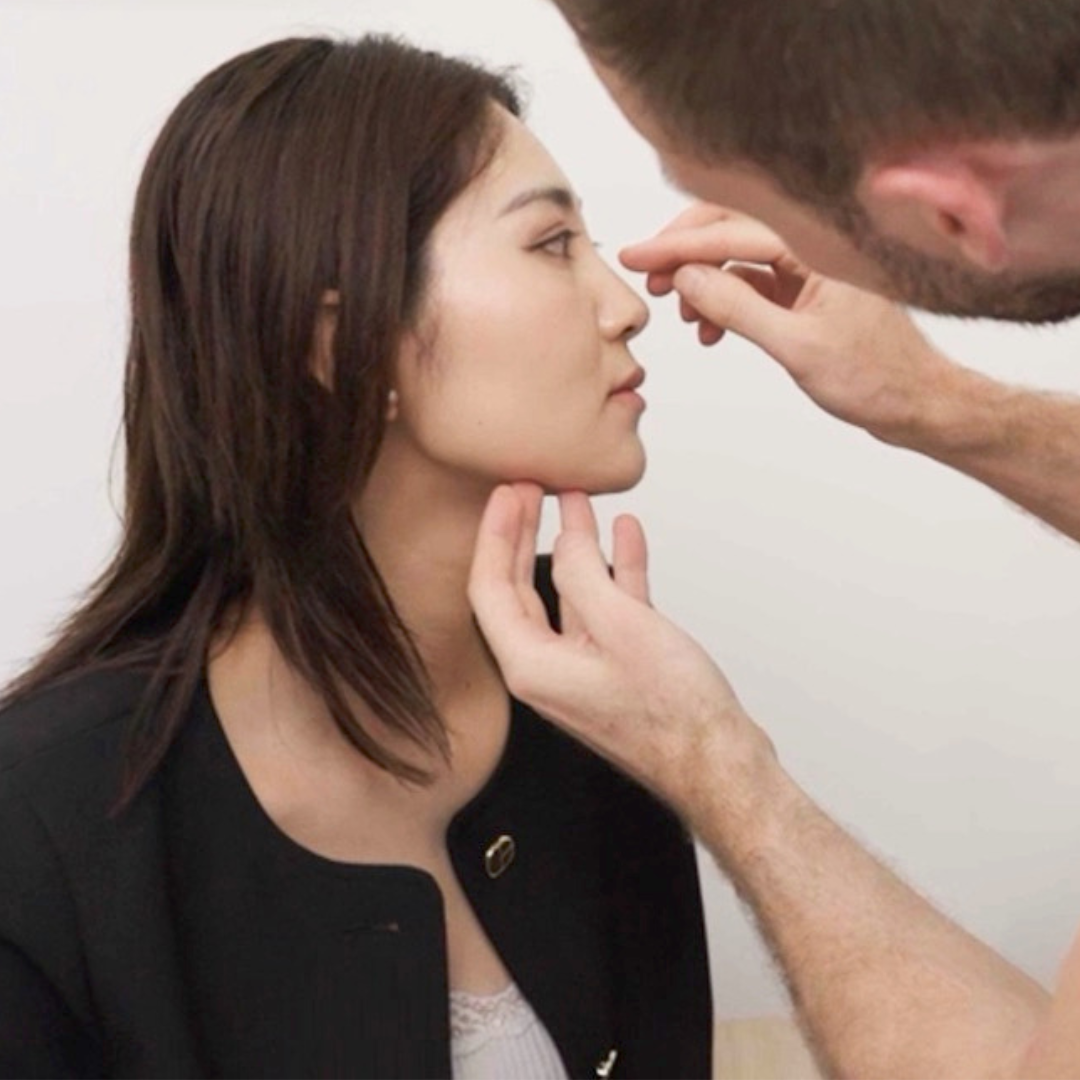Nose filler is also known as ‘nose reshaping’, ‘non-surgical rhinoplasty’, ‘non-surgical nose job’, and ‘liquid nose job’.
While a non-surgical rhinoplasty (nose filler) is a great way to improvement the appearance of your nose, it isn’t for everyone.
There are a few select cases where a non-surgical rhinoplasty is not indicated.
Medical conditions
- Dermal fillers can cause a flare of uncontrolled autoimmune diseases like lupus or rheumatoid arthritis. These conditions must be well controlled before having treatment.
- If you have allergies to lidocaine or other ingredients in fillers, you will not be suitable.
Anatomical considerations
- Large nasal base or wide nostrils: Fillers are not an effective way to reduce wide-set nostrils, or camouflage very prominent bumps. They are also limited in noses with a very high bump or a vertical slope.
- Fillers cannot improve major structural problems like a deviated septum or breathing difficulties.
Personal factors
- If you have unrealistic expectations about what fillers can achieve, you may be disappointed with the results. A good doctor will be realistic with you about the possible range of results.
- If you have body dysmorphic disorder, then fillers are unlikely to improve your self-esteem and should be avoided.
Additionally, pregnant or breastfeeding women are not suitable for nose fillers. Dermal fillers have not been tested for safety in pregnant and breastfeeding women.

